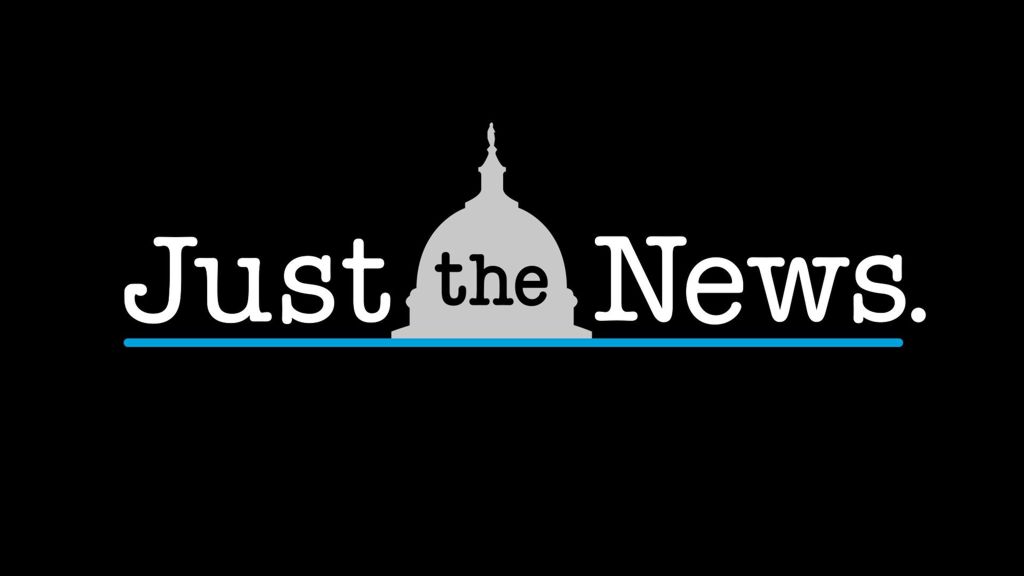A British judge ruled Wednesday that Christopher Steele violated a data privacy law by failing to check the accuracy of information in his infamous Steele dossier, ordering the former spy’s firm to pay damages to two businessmen he wrongly accused of making illicit payments in Russia.
Justice Mark Warby of the High Court of England and Wales ordered Steele’s firm, Orbis Business Intelligence, to pay a modest 18,000 English pounds – about $22,596 in American currency – each to Petr Aven and Mikhail Fridman as compensation for a violation of Britain’s Data Protection Act 1998 .
Warby ruled that while Steele had a national security interest to share his intelligence with U.S. and British authorities, several of the allegations in Memo 112 of the Steele dossier were “inaccurate or misleading as a matter of fact.”
The judge ruled Steele violated the law by failing to aggressively check the accuracy of one claim accusing Aven and Fridman of making illicit payments to Russia President Vladimir Putin before distributing it to various U.S. and British figures, including the FBI.
“That is an allegation of serial criminal wrongdoing, over a prolonged period. Even in the limited and specific context of reporting intelligence for the purposes I have mentioned, and despite all the other factors I have listed, the steps taken to verify that proposition fell short of what would have been reasonable,” Warby ruled.
“The allegation clearly called for closer attention, a more enquiring approach, and more energetic checking,” the judge added.
The ruling involves a long-discredited claim in Steele’s dossier – repeatedly used by U.S. news media – that Russia’s Alfa Bank, connected to Aven and Fridman, was transmitting secret messages between Moscow and the Trump campaign during the 2016 election.
The FBI concluded the computer pings were not nefarious messages but rather routine behavior most likely connected to email spam. Special Counsel Robert Mueller told Congress last year he did not believe the allegations.
Aven-v-Orbis-Judgment-Summary






